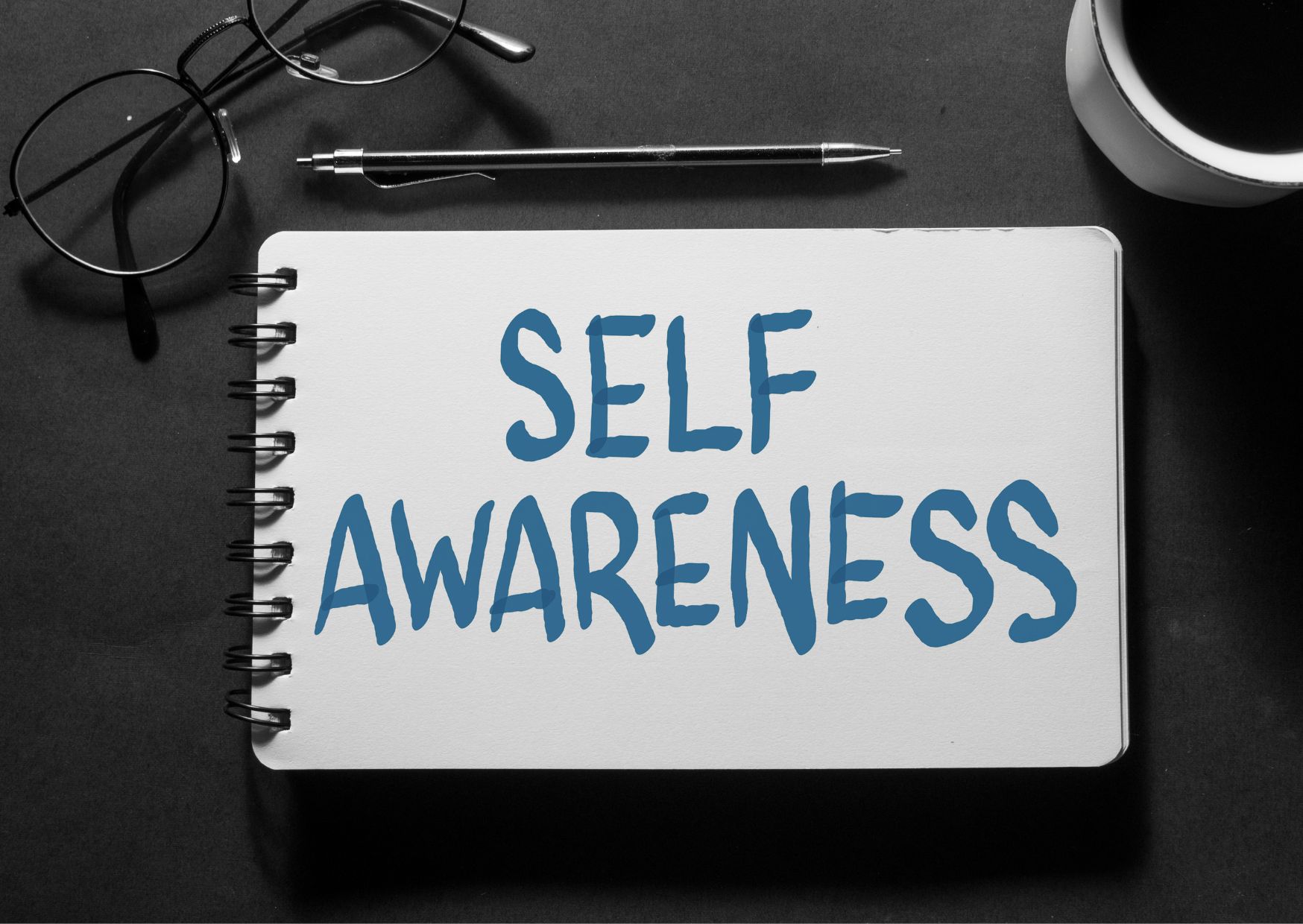10 Self-Awareness Examples for Personal Growth
If you’ve ever found yourself wondering why you reacted a certain way in a situation, or why certain patterns keep popping up in your life, you’re on the cusp of understanding the crucial concept of self-awareness.
The journey to personal growth is like navigating through a maze.
It’s filled with twists and turns, and it can be easy to lose direction.
But there’s a compass that can help you find your way: self-awareness.
This blog post is your friendly guide to understanding self-awareness, its importance, and how you can use it to fuel personal growth.
Contents
Why is Self-Awareness Important for Personal Growth?
10 Self Awareness Examples for Personal Growth
How to Enhance Self-Awareness for Personal Growth
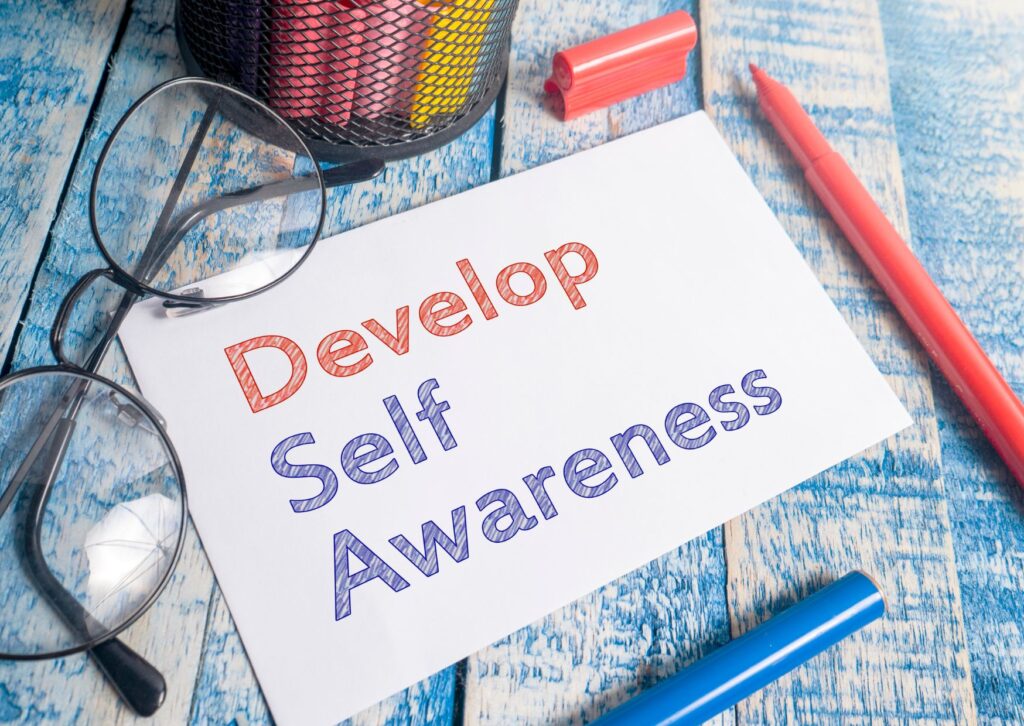
What is Self-Awareness?
Think of self-awareness as a mirror.
It’s a reflection of who you are, right at this moment.
It’s the understanding of your feelings, desires, habits, strengths, and weaknesses.
It’s about knowing why you do what you do and feel the way you feel.
Imagine you’re having a conversation.
Suddenly, you feel upset.
Being self-aware would mean recognising this feeling and understanding why you feel this way.
It’s a bit like being your own detective, constantly looking for clues about your own behaviour and emotions.
In short, self-awareness is like having a backstage pass to your own mind.
It’s a process, an ongoing journey to understanding yourself better.

Why is Self-Awareness Important for Personal Growth?
Embarking on a personal growth journey without self-awareness is like trying to complete a jigsaw puzzle in the dark.
It’s frustrating and the picture just won’t come together.
Self-awareness is the lamp that illuminates your path, allowing you to see the pieces of your life more clearly and understand how they fit together.
Self-awareness for personal growth is important for a range of reasons which are detailed below:
Guide to Better Decision Making
Every day we make numerous decisions, big and small, that shape our lives.
With self-awareness, these decisions become more intentional and aligned with who we truly are.
When you understand your values, emotional triggers, and motivations, you can make decisions that lead you closer to your personal and professional goals.
Improving Relationships
Our relationships with others can often be a reflection of our relationship with ourselves.
By being self-aware, we can understand our feelings and reactions better, leading to improved communication and empathy.
This can strengthen relationships, whether it’s with your family, friends, or colleagues.
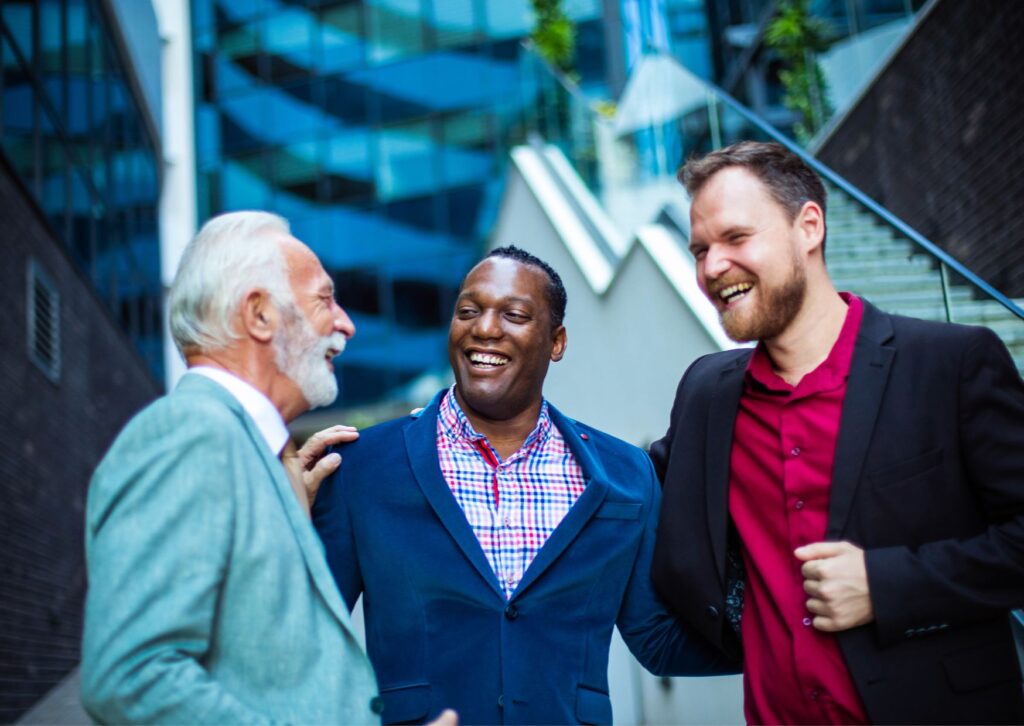
Managing Stress and Emotional Health
Self-awareness helps you recognise your stressors and emotional triggers.
This can guide you in developing coping strategies, maintaining your emotional health, and improving your overall wellbeing.
Recognising and Utilising Strengths
By being self-aware, you can recognise your unique strengths.
This can help you optimise your potential, contributing positively to your personal growth.
It’s like discovering you have a superpower and learning how to use it effectively!
Understanding and Addressing Weaknesses
No one is perfect.
We all have areas that need improvement.
Self-awareness allows you to recognise your weaknesses, not as flaws, but as opportunities for growth and improvement.
It’s about identifying the gaps and knowing where to put your efforts.
Living Authentically
Self-awareness is the key to authenticity.
When you truly understand yourself, you can live more authentically, aligning your actions with your values, dreams, and desires.
Authentic living brings a sense of fulfilment and satisfaction that contributes massively to personal growth.

10 Self Awareness Examples for Personal Growth
1. Recognising Emotional Triggers
We all have situations or people that spark intense emotions within us.
These are called emotional triggers. Self-awareness means being able to recognise these triggers.
Let’s say you always feel frustrated when you’re in meetings with a certain co-worker.
By recognising this emotional trigger, you can start to understand why it occurs.
Maybe it’s their dismissive attitude or their way of monopolising conversations that gets to you.
By identifying these triggers, you can work on managing your reaction, or even find a way to address the issue directly.
2. Understanding Your Strengths and Weaknesses
We are all a unique blend of strengths and weaknesses.
Being self-aware means recognising this unique mix in yourself.
For example, let’s say you’re great at brainstorming ideas (strength) but struggle with executing them (weakness).
By recognising this, you can play to your strengths in a team setting by offering to lead brainstorming sessions.
At the same time, you can work on your weakness by seeking help in execution or setting more realistic timelines for yourself.
Recognising your strengths allows you to build on them, while understanding your weaknesses gives you the opportunity to grow.
In both cases, self-awareness helps you become a more balanced individual, both professionally and personally.
3. Identifying Your Values
What matters to you the most?
Is it honesty, hard work, creativity, or maybe kindness?
Being aware of your values is a fundamental part of self-awareness.
For instance, if you highly value honesty, you might feel uneasy when asked to bend the truth at work.
Recognising this discomfort and its link to your values can guide you in making decisions that align with who you are, helping you live more authentically.
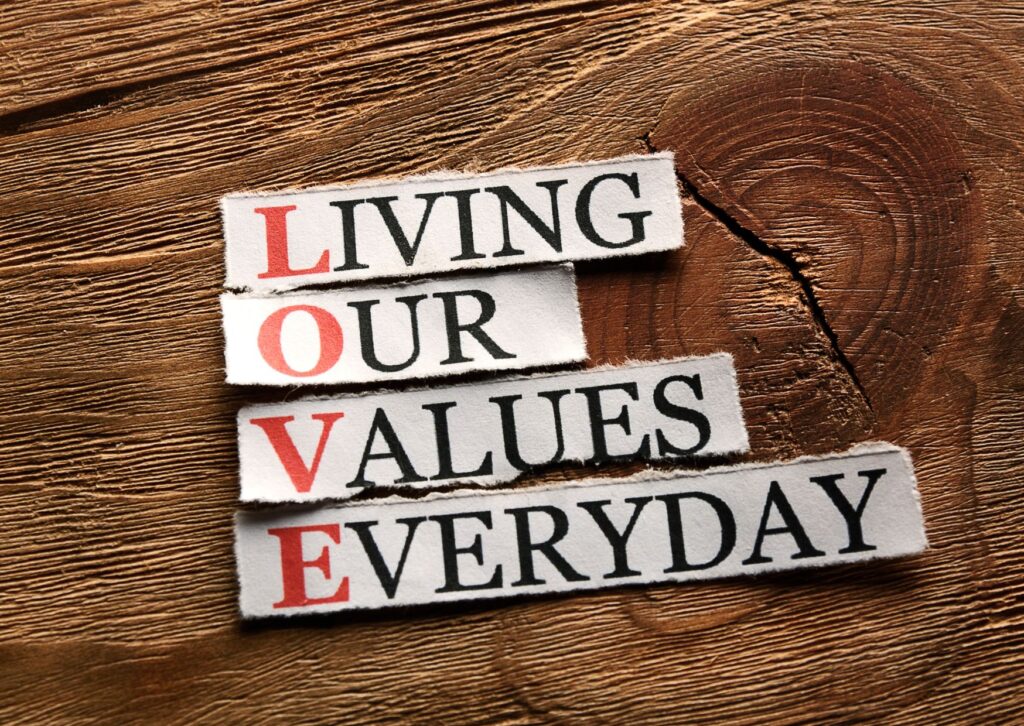
4. Acknowledging Your Emotional Responses
Life is a rollercoaster of emotions.
Being self-aware means understanding your emotional responses to different situations.
Say you feel a pang of jealousy when a friend shares their success.
Instead of brushing it off, try acknowledging this feeling.
Understanding this emotion can lead you to recognise insecurities you may need to address.
Maybe you’re feeling unfulfilled in your career, or perhaps you’re comparing your life to others’.
Either way, by acknowledging your emotions, you gain insights that can help you grow.
5. Recognising Patterns in Your Behaviour
We all have patterns in our behaviour.
Maybe you always procrastinate when faced with a daunting task, or perhaps you tend to avoid conflict.
Recognising these patterns is a key aspect of self-awareness.
For example, if you notice a pattern of procrastination, you can dig deeper to understand why it occurs.
Maybe you’re afraid of failing, or you’re overwhelmed by the task at hand.
Once you’ve identified the root cause, you can take steps to break this pattern, leading to personal growth.
6. Tuning Into Your Body’s Signals
Our bodies often know more than we give them credit for.
Tiredness, tension, restlessness – these are all ways your body communicates with you.
By tuning into these signals, you’re deepening your self-awareness.
Perhaps you notice your heart racing during a heated discussion, or a stomach ache when you’re under intense stress.
Recognising these physical cues allows you to address your emotions more effectively, whether that’s by stepping away from an argument to cool down or managing your stress levels with relaxation techniques.
7. Understanding Your Motivations
What drives you?
Is it the desire for success, the joy of learning, or the satisfaction of helping others?
Understanding your motivations is a key part of self-awareness.
For instance, if you realise you’re motivated by the joy of learning, you might feel unsatisfied in a job that doesn’t challenge you or provide opportunities for growth.
Recognising this can guide your decisions, such as seeking a more challenging role or investing in personal development.
8. Being Aware of Your Limitations
We all have limits. Whether it’s time, energy, or abilities, recognising these limitations is a crucial part of self-awareness.
If you’ve ever found yourself overwhelmed with commitments, you might not be aware of your time limitations.
By recognising these limits, you can manage your time more effectively, prioritising what truly matters and avoiding burnout.
9. Assessing Your Interpersonal Skills
Interpersonal skills, like communication and empathy, play a huge role in our lives.
Self-aware individuals understand their strengths and weaknesses in this area.
For example, you might realise you’re great at empathising with others, but struggle with assertive communication.
This awareness can lead to personal growth as you take steps to improve your assertiveness, leading to healthier relationships and greater self-confidence.
10. Reflecting on Past Experiences
Our past experiences, both good and bad, are treasure troves of learning.
By reflecting on these experiences, we deepen our self-awareness.
Consider a past failure you experienced.
By reflecting on what went wrong, you can gain insights into your decision-making process, your handling of the situation, and areas you can improve upon.
Similarly, reflecting on successes can highlight your strengths and effective strategies.
In both cases, self-awareness gained from reflecting on past experiences can help shape your future actions, leading to continued personal growth.
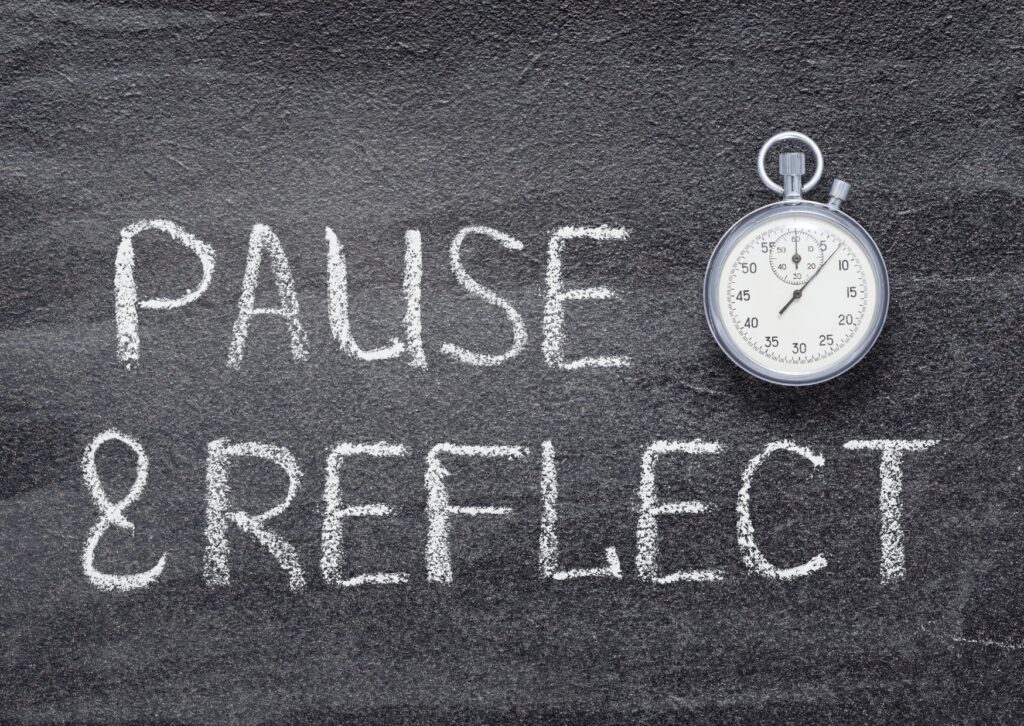
How to Enhance Self-Awareness for Personal Growth
Developing self-awareness is like growing a garden – it requires time, patience, and nurturing.
But the resulting blooms are well worth the effort. Here are some ways you can cultivate your self-awareness garden:
Practice Mindfulness
Mindfulness is all about being present.
It involves tuning into your feelings, thoughts, and sensations in the current moment without judgment.
Regular mindfulness practice, such as meditation or mindful walking, can help you become more aware of your inner world.
Keep a Journal
Writing down your thoughts and feelings can help you identify patterns and triggers in your behaviour.
It’s like having a conversation with yourself – a dialogue that can lead to deeper understanding and awareness.

Seek Feedback
Sometimes, we have blind spots that are difficult to see by ourselves.
Feedback from trusted friends, family members, or mentors can shed light on these areas, helping us see ourselves more clearly.
Challenge Yourself
Stepping out of your comfort zone can be an eye-opener.
It can reveal strengths you didn’t know you had and expose areas for improvement.
So, sign up for that public speaking course or take on that challenging project!

Reflect on Your Experiences
Make it a habit to reflect on your day.
What went well?
What could have been better?
What did you learn about yourself?
Reflection is a powerful tool for enhancing self-awareness.
Practice Emotional Intelligence
Learn to identify, understand, and manage your emotions.
Recognising how you feel and why you feel that way is a big part of self-awareness.
Seek Professional Help
If you’re finding it difficult to enhance self-awareness on your own, don’t hesitate to seek help from a professional, like a therapist or a life coach.
Remember, enhancing self-awareness is a lifelong journey, not a destination.
Be patient with yourself, celebrate small victories, and remember that every step you take is a step towards personal growth.
Remember, self-awareness isn’t about being perfect.
It’s about understanding who you are – the good, the bad, and everything in between.
It’s about celebrating your strengths, acknowledging your weaknesses, and understanding your unique quirks.

The journey towards enhanced self-awareness may not always be easy.
There will be moments of discomfort, uncertainty, and maybe even surprise.
But every step, every insight, brings you closer to living more authentically and realising your full potential.
So go on, embark on this adventure of self-discovery.
Tune into your inner world, ask yourself the tough questions, reflect on your experiences, and be open to feedback.
Your personal growth journey is uniquely yours, and self-awareness is the compass that can guide you toward becoming the best version of yourself.
Author
Tyler Lowe – Health & Wellbeing Speaker
BSc Sport & Exercise Rehabilitation


